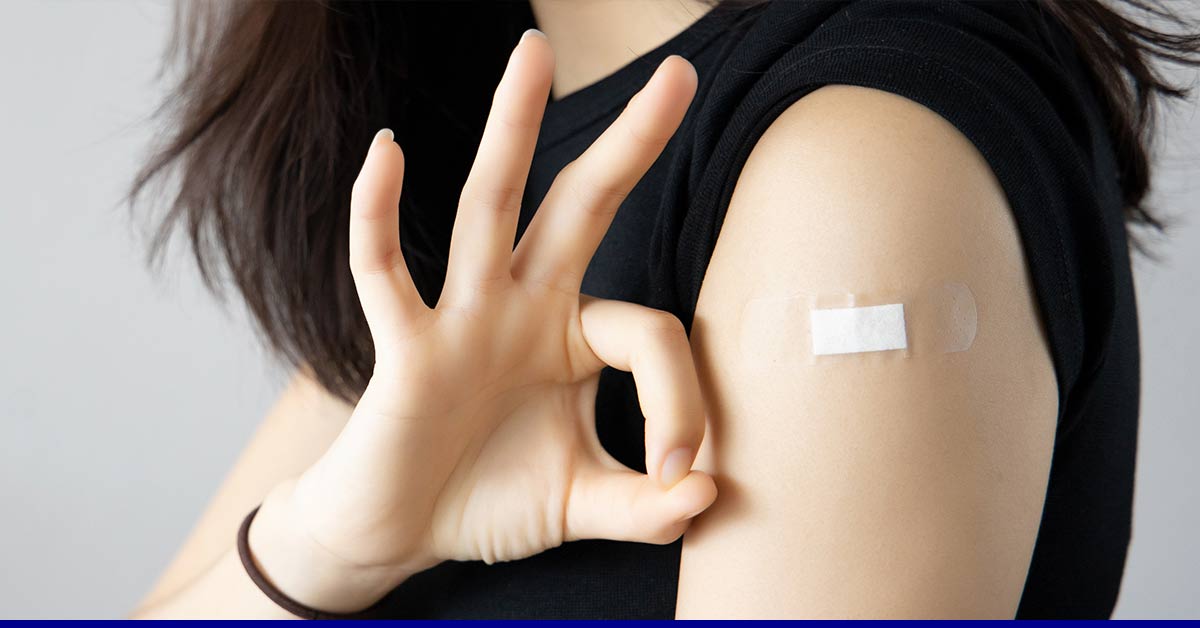
Obtaining evidences and information on all of your treatment choices, including immunotherapy in the form of allergy shot as if they really work, is crucial. Over 50 million Americans suffer from allergies each year, making them a widespread occurrence. Sometimes allergies go untreated because they are misdiagnosed as a cold or another condition.
To help patients make an educated decision about their care, experts aim to educate patients about what are allergy shots and how they work. This article will help you distinguish reality from all kinds of myths as we discuss about immunotherapy with allergy shots.
Immune system reactivity to a potential threat is what causes allergies. Since allergies were traditionally treated exclusively with oral antihistamines. Today, there are several ways to treat allergies, including injections, sublingual immunotherapy, and steroid nasal sprays. By administering tiny amounts of an allergen-containing fluid intravenously, allergy injections progressively retrain your immune system. Your immune system successfully desensitizes to the allergen when your sensitivity to it starts to decline over time.
Allergy injections are a sort of successful immunotherapy and it really works, but you might be wary of them because of prevalent misconceptions about it. The most typical myth about allergy shots is ‘they do not really work’. Allergy shot is an innovative and efficient way to treat allergies. Immunotherapy alters how your body reacts to the environment, reducing symptoms like runny nose and watery eyes. Your allergy shot is made with a very little amount of natural protein extracts, and when administered properly, it offers the majority of patients a considerable relief.

Immunotherapy includes allergy injections. They function by exposing your body to a tiny quantity of the allergen so that your body may become accustomed to tolerating it. Your upper arm will get the allergy injection from our physicians.
Allergy shots work by reducing symptoms brought on by certain allergens. The allergen is present in trace levels in each injection so that your body can gradually develop immunity to it. Similar to receiving a vaccination, the treatment causes your body to produce new antibodies to fight the intrusive molecules. The effectiveness of various immune system cells and chemicals in responding to allergens is also enhanced by allergy injections. Successful immunotherapy eventually aids the body’s defense against allergens and lessens uncomfortable symptoms. Shots for allergies work to lessen overall allergy symptoms gradually. If you suffer from allergic asthma, your symptoms may be lessened.
Only those above the age of five are given allergy injections. This is due to the possibility that young children under the age of five may not be able to completely express any potential adverse effects or pain that would call for discontinuing therapy.
You must have a thorough assessment prior to beginning allergy injections and how they work. To precisely determine the ingredients used in the injections, the doctor has to screen you for allergies. They will test to determine which forms of pollen, for instance, trigger your symptoms if you suffer from allergies throughout the pollen season. Common offenders include ragweed, grasses, and other tree pollens.
Skin prick tests are frequently used to diagnose allergies. Your doctor will do a skin prick test on your back or forearm to prick the skin with several allergens to see which ones produce responses. All testing and allergy shot administration will be done by an allergist or immunologist kind of professional.
At the injection site, responses that resemble hives or insect bites are considered as common side effects of allergy shots. Additionally, along with the primary working of an allergy shot, the region may expand into a bigger lump and become reddish on color. This kind of response is very common and right after the injection, it may occur right away or several hours later. It could persist for many hours before going gone on its own. Ice can be used to the injection site to assist minimize swelling.
Following the allergy shots, some patients suffer moderate allergy symptoms, such as nasal congestion, wheezing, and itchy skin. This is a response to the allergy injections. Antihistamine use can reduce these effects.
Long after administering the shots have ended, allergy shots work by still offering a long-term relief.
After receiving allergy injections, some patients may no longer require allergy medication. Before you see effects, though, it may take up to a year of maintenance injections. However, some individuals could start to see benefits during the maintenance period. Occasionally, allergy injections could be ineffective. This could be due to a variety of reasons, including:
Although allergy tablets and allergy drops are good alternatives to allergy shots, they can be dissolved underneath the tongue, the allergens they can cure are more limited. They are currently solely effective against dust mites, ragweed, and northern pasture grasses. Allergy pills could only address single allergy at a time, in contrast to allergy drops, which may treat numerous allergens concurrently.
If your child is at least five years old, they are eligible for allergy injections. To ensure that your child is healthy enough to get allergy injections, experts will evaluate them.
Consult your doctor to learn more about the prerequisites for allergy injections and to determine whether they are a great alternative for you which should really work for you. Allergy injections are often effective and can offer relief from severe allergies for many people. You might not notice results right away. After a year, if you do not witness any changes, you may wish to speak to your allergist about further allergy-control choices. If you suffer from food allergies, talk to your doctor about how to stay away from the foods you are sensitive to. Please note that food allergies cannot be treated with allergy shots.